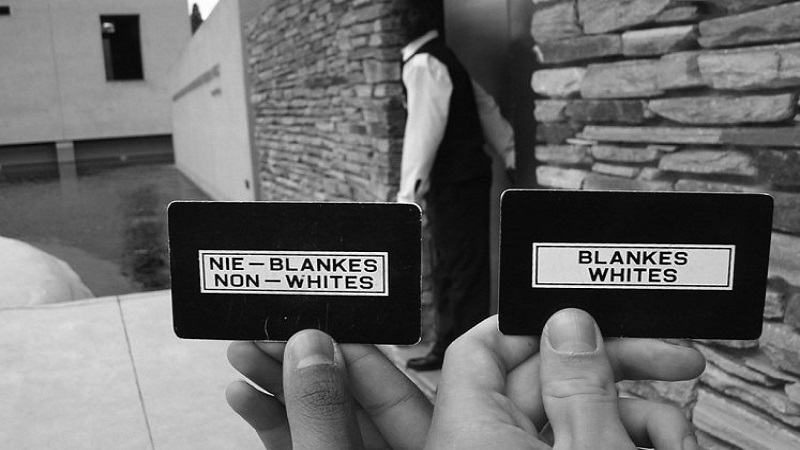Parliament’s Justice and Correctional Services Committee will soon begin processing the United Nations Convention on the Suppression and Punishment of the Crime of Apartheid.
Known simply as the Apartheid Convention, it was adopted by the General Assembly in 1973 as part of its opposition to the practices of South Africa’s whites-only government.
Even though apartheid was the official policy of the National Party (NP) government in South Africa from 1948 and ended after the 1994 elections, the Apartheid Convention was not limited to one country. It covers all forms of apartheid including murder, torture, inhuman treatment and arbitrary arrest of members of a racial group.
It also includes legislative measures that discriminate on political, social, economic and cultural grounds. And where laws are put in place to divide the population along racial lines by the creation of separate residential areas for racial groups among others.
UN confirms apartheid was a crime against humanity:
Constitutional Law expert Professor Pierre De Vos says, “The crime of apartheid as defined here is relatively broad. It relates to the oppression of one racial group by another racial group and it lists all the ways in which this can be done. By signing and ratifying this document the SA government is signalling that it is binding itself at an international level not for this to ever happen in South Africa ever again.”
De Vos says the signing of the convention also has a symbolic value in the case of South Africa.
“Unfortunately, many white South Africans especially do not accept that apartheid was a crime against humanity. Do not accept the seriousness of the harm caused by apartheid and so for symbolic reasons I think it’s important for the government to sign and ratify this convention so that people can be reminded of the seriousness of the harm caused by apartheid and can understand that it is important to recognise what happened and to work all the times to ensure that we do not have a repeat in the future,” says De Vos.
Source: SABC






 WhatsApp us
WhatsApp us 

